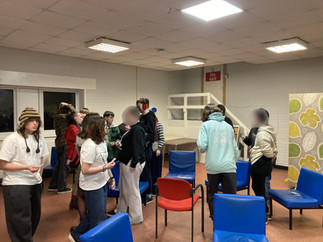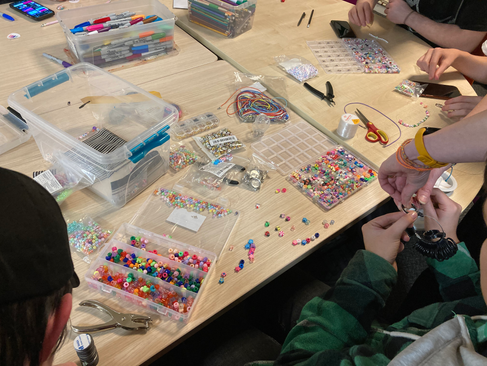- SYP Team

- 2 days ago
- 1 min read
The young people wanted to do some British Sign Language (BSL) training so our operations manager did a funding bid and J P Morgan kindly funded this for us.
The training was provided by Wiltshire and Dorset Deaf Association and the trainers were Richard and Lynn who were amazing. Everyone that attended loved it and said they learnt so much
One of our trustees commented on how brilliant all the young people that attended were and how supportive they were of the "Older folk who were a bit slower picking things up" (their words!)
Comments form attendees
I really enjoyed the BSL course and found it very informative and also easy to understand as the teacher was very good and also answered questions very well. The resources we were given to take home were also very good
The training was great. The trainers were very knowledgeable, patient and friendly.



























